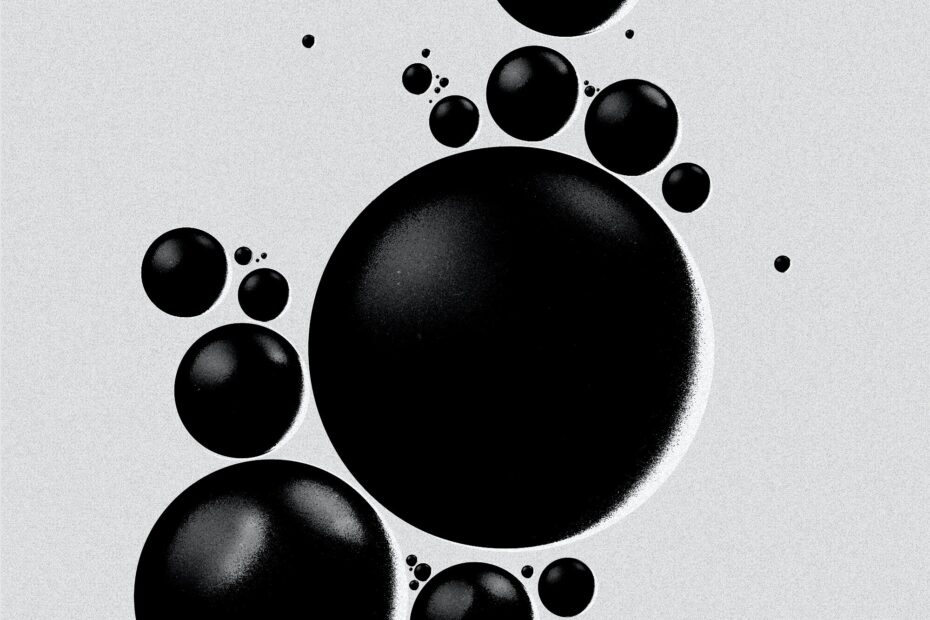Let’s talk about body fluids.
We all have bodies. They produce fluids.
There. That wasn’t so hard, was it?
If our bodies produce fluids, the bodies of other people must produce fluids as well. It stands to reason. What are the odds that, of the over seven billion people on the planet, you’re the only one whose body produces fluids? Not good, right?
But while we might have an unhealthy fascination with our own body fluids, those of other people are oogy. Vilely, disgustingly oogy. So, all other things being equal, we refuse to acknowledge the fluids other people’s bodies produce. We don’t talk about them. We don’t watch YouTube videos about them. We think about them as little as humanly possible – and not thinking about things we don’t want to think about is a keenly evolutionarily-honed human survival trait.
This refusal is built into our social structure. Our civilization has developed vast systems to do away with the bodily fluids we all produce, systems that we don’t pay any attention to as we go about the business of living our daily lives.
Still with me?
There are only two types of human beings who don’t use these systems. One: babies aren’t born with the knowledge of how to use toilets; for them, we have diapers to collect the fluids their bodies produce. Two: adults with a dementia such as Alzheimer’s Disease forget how to use toilets; for them, we have…diapers to collect the fluids their bodies produce.
It’s the circle of life.
The problem with my father, Bernard, who has Alzheimer’s, is that he remembers what it was like to use the systems our society produces to remove bodily fluids from our homes (and our consciousnesses). So when he has to pee, he stands up, pulls down his pants (and his diaper) and aims a stream of bodily fluid into the toilet. Even when there isn’t a toilet. We’ve had to clean the carpets more than once.
There are ways of dealing with this. We have a portable toilet that we wheel up to him when he starts to pull down his pants. He looks at it like its an alien technology whose workings and intentions he cannot fathom. (Given the way his brain works, it may as well be.)
When that fails, we have a plastic jug with a spout into which a man can fit his penis. (Oh, don’t be so scandalized. You know the fluids that our bodies produce have to leave us somehow, and that somehow must have a name. For a man, it’s his penis. For a woman, it’s – too much? Okay, we can leave that information for a future article on my mother…) Sometimes, he gives the jug the alien eyeball. The other night, he seemed to know what it was for and how it worked, so he graciously allowed me to hold it up for him.
Oh, I was ooged. Believe me. Ooged with sprinkles on it (which, in the context, has a whole new and wholly disgusting meaning).
If that was all that had happened, it would have been bad enough. However, a couple of days earlier, my brother had noticed blood in my father’s urine. (I did mention that they were fluids. Plural of fluid. More than one.) A quick trip to the hospital later, he was diagnosed with a urinary tract infection. Funny (if somewhat disconcerting) fact about urinary tract infections: they make it much harder to pee.
So, there I was, standing in the middle of the den holding a plastic jug to my elderly father’s penis for about 10 minutes.
And I thought, This is what my life has come to. I wanted to become a humourist; I’ve become a human pissoir. It will take the rest of my days to figure out how I got to this point and what I did to deserve it.
Yet, there was a moment…
My father had a Kleenex in the pocket of his pyjama top that looked a bit like a corner square. Somewhere in the midst of the peeing/not peeing, he patted down the tissue as if it being slightly askew would look bad. Would look undignified. Because the last thing you want when somebody is holding a plastic jug up to your penis is to look undignified.
I had to laugh. Then, wash my hands thoroughly. But I appreciated the laughing.


